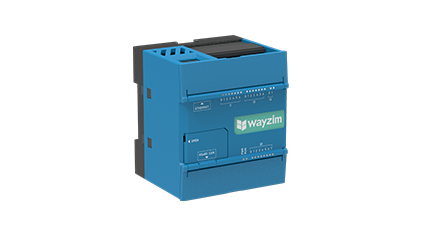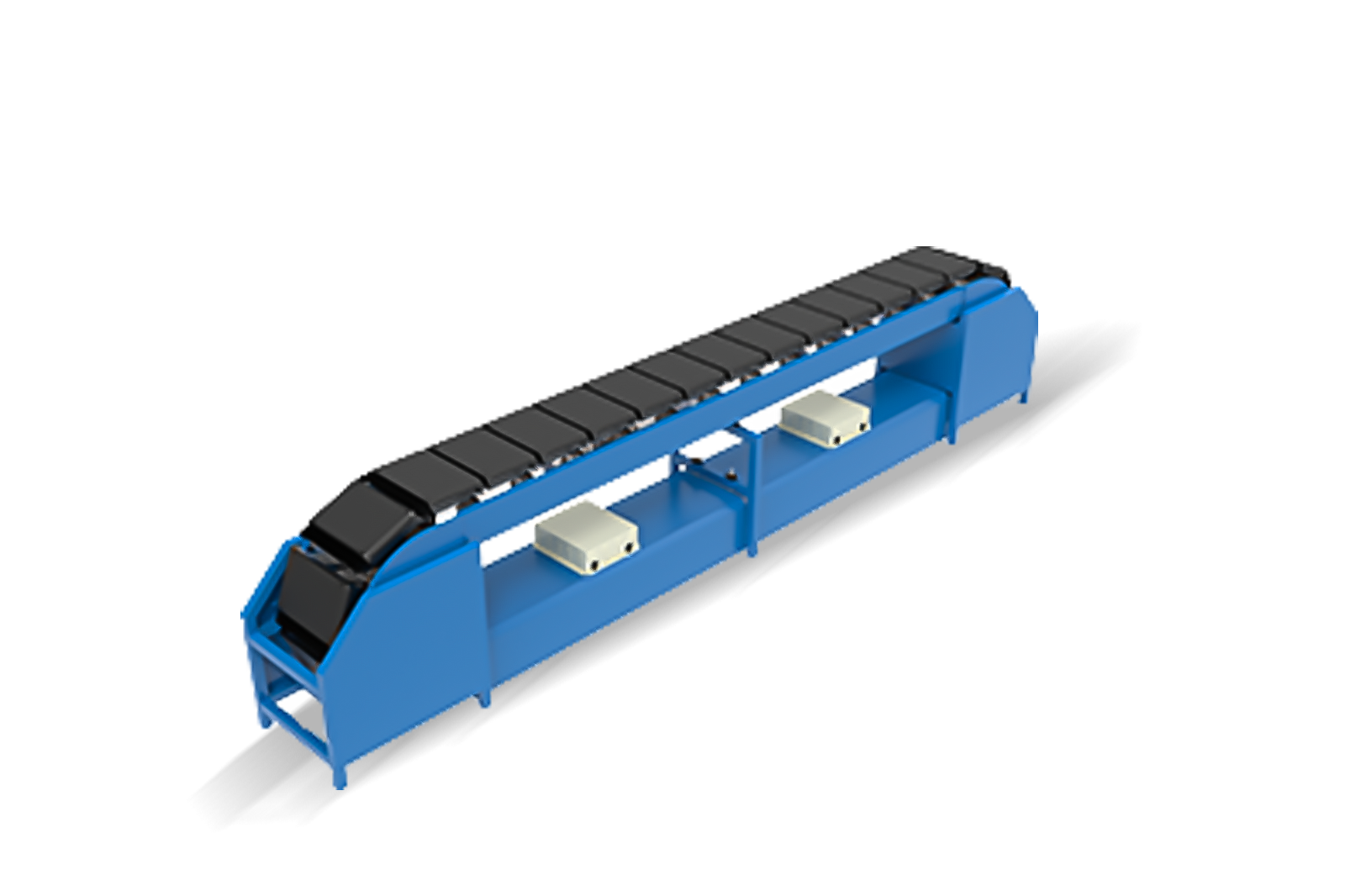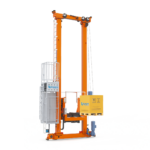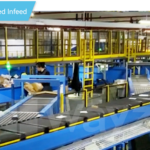In the dynamic world of logistics, the advent of logistics automation solutions is revolutionising the way businesses operate. From enhancing efficiency to reducing operational costs, automation in logistics is not just a trend but a necessity in the modern digital era. This comprehensive guide delves into the essence of logistics automation, its components, and how it stands as a beacon of innovation in the logistics sector.
The Backbone of Modern Logistics
At the heart of this transformation are logistics automation solutions, a suite of technologies designed to streamline operations, mitigate errors, and elevate productivity. The essence of logistics automation lies in its ability to seamlessly integrate sophisticated software with cutting-edge hardware, creating a symphony of efficiency that propels businesses forward.
The Spectrum of Logistics Automation
Automation in logistics encompasses a broad range of technologies, from robotics and AI to sophisticated tracking systems. Each component plays a pivotal role in transforming traditional logistics operations into agile, reliable, and cost-effective systems.
Robotics in Warehousing
One of the most visible aspects of logistics automation is the use of robots in warehousing. These robotic systems are designed to handle tasks such as sorting, packing, and transporting goods. Their precision and speed significantly reduce processing times and minimise the risk of errors, showcasing the potential of automated logistics solutions.
AI and Machine Learning
Artificial Intelligence (AI) and Machine Learning (ML) are at the forefront of predicting logistics trends and making real-time decisions. These technologies analyse vast amounts of data to forecast demand, optimise routes, and manage inventory, ensuring that logistics operations are more predictive and responsive than ever.
RELATED: Automated Warehouse Solutions: Streamlining Operations for Efficiency and Productivity
Advanced Tracking Systems
With the integration of IoT devices and advanced tracking systems, logistics providers can offer unprecedented visibility into the supply chain. This transparency not only enhances customer satisfaction but also allows for better risk management and operational planning.

The Impact of Automation on Logistics
The implementation of logistics automation systems brings forth a plethora of benefits. These include significant reductions in operational costs, enhanced accuracy in order fulfillment, and improved customer service. Moreover, automation frees up human resources to focus on more strategic tasks, thereby elevating the role of personnel within the logistics sector.
Sustainability Through Automation
An often-overlooked advantage of logistics automation is its contribution to sustainability. By optimising routes and reducing the need for manual handling, automated systems significantly decrease carbon footprints, aligning logistics operations with global environmental goals.
Tailoring Solutions to Your Needs
Every business has unique logistics needs, and the beauty of modern automation solutions lies in their versatility. Whether you’re a small retailer or a multinational corporation, tailoring an automation strategy to fit your specific requirements is key to unlocking its full potential.
RELATED: Optimising Your Business with Automated Warehouse Solutions
FAQs: Navigating the World of Logistics Automation
- What is logistics automation?
Logistics automation refers to the use of technology, such as robotics, AI, and tracking systems, to streamline and improve the efficiency of logistics operations. - How does logistics automation improve efficiency?
By automating repetitive and time-consuming tasks, logistics automation solutions enhance operational speed, reduce errors, and allow for better resource allocation. - Can small businesses benefit from logistics automation?
Absolutely. There are scalable logistics automation solutions available that can be customised to fit the needs and budget constraints of small businesses, offering them a competitive edge. - What are the challenges of implementing logistics automation?
Key challenges include the initial investment cost, integrating new technologies with existing systems, and training staff to adapt to new operational procedures. - How does logistics automation contribute to sustainability?
Logistics automation optimises operations, leading to reduced energy consumption, lower emissions, and less waste, thereby supporting sustainability efforts.
In the tapestry of modern logistics, logistics automation solutions emerge as the thread that weaves together efficiency, innovation, and sustainability. As businesses and logistics providers embrace these technologies, the future of logistics shines brighter, promising a landscape of unparalleled productivity and environmental stewardship. Embracing automation is not just about keeping pace with technological advancements; it’s about redefining the possibilities of what logistics can achieve in the digital age.
Step into the future with SmartlogitecX, a WayZim Technologies venture, reshaping Warehouse Automation in Australia and New Zealand. Our mission is to provide you with advanced, efficient warehouse solutions that are a step ahead. SmartlogitecX combines global tech insights with local market expertise. Ready to upgrade your logistics? Our sales team is on hand to craft your ideal automation strategy.




